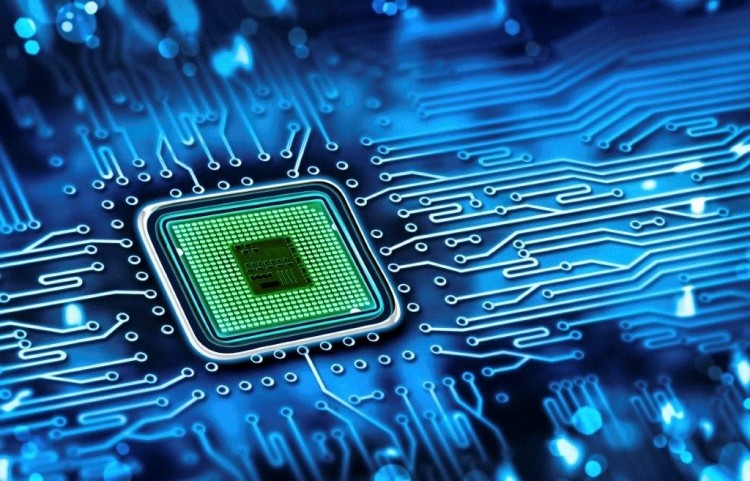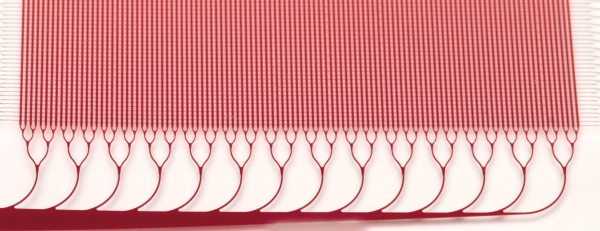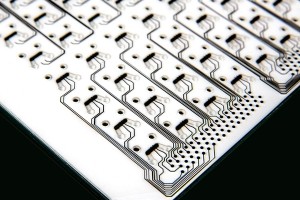Draper looks to ultrasound and geometry to reduce CAR-T manufacturing costs

Chimeric-antigen receptor T-cell therapy (CAR-T) is a pioneering field in Immuno-oncology which uses a patient’s engineered T-cells to attack and kill cancers.
Although no CAR-T therapy has reached the market yet, firms like Novartis, Juno Therapeutics, Kite Pharma and partners Pfizer and Servier have candidates in trials. The first CAR-T product is expected to come onto market this year.
Draper’s technologies are designed to reduce the cost of manufacturing CAR-T therapies. The systems use acoustics and geometry to purify cells and enhance gene transfer, cutting down time, cost and vector use.
One of the technologies uses ultrasound to enrich patient blood cells in a disposable cartridge-based system. The second uses spatial restriction to enhance gene transfer into the CAR-T cells, which can reduce time of the process by up to 80%.
Jason Fiering, principal technical staff at Draper, told Biopharma-Reporter both processes “can be automated, so we're closer to what the industry is seeking – for therapeutic cells to come out of a machine ready for the patient to use.”
Acoustophoresis Cartridges
To start, CAR-T cell therapy manufacturers need to separate out T cells from the patient’s blood sample, in an enrichment process.
“We’ve developed a small-scale prototype with which we can achieve purification compatible with the data we're seeing in the clinical setting,” Fiering told us.
Draper’s disposable thermoplastic-based cartridges feed the blood sample through microchannels that are exposed to an ultrasonic pulse, allowing a lymphocyte enrichment factor of up to 2.5.
Other industry examples of acoustophoresis use silicon or glass devices, which are expensive to produce in high volumes and have limited ability to scale up to clinically relevant volumes.
Fiering explained: “In contrast, Draper’s first-ever demonstration of acoustic lymphocyte enrichment in an inexpensive, disposable plastic chip shows the potential for rapid, automated cell separation directly from patient blood.
“We are currently working on a scaled-up device that will be 10 times faster than our initial prototype.”
Gene transfer
Draper’s second solution is improved gene transfer (transduction) into the separated lymphocytes in order to engineer the CARs, to reduce the time needed by up to 80% - “to less than a day.”
Currently, T-cells are mixed with viral vector and then centrifuged to accomplish the transduction process. This transduction method is usually done manually and generally takes 1-2 days.
Draper’s solution is similar to that of Boston-based SQZ Biotech, which uses microchannels to ‘squeeze’ and disrupt the T-cells membrane for uptake.
However, Dorit Berlin, leader of the Precision Medicine Initiative at Draper, explained one key difference is that SQZ’s platform is a non-viral process.
Berlin told us that in Draper’s device, “by regulating the geometry of microchannels, we can control the fluid flow of the device to maximise the contact of the vector with the cells, with the goal of using less virus.”
Currently Draper has developed the device for use with lentiviruses, but the firm hopes to apply the device for use with other commonly used vectors, such as adeno-associated viruses (AAV).
Regarding cytotoxicity, Berlin added “Because we're aiming to reduce the amount of viral vector, as well as decrease the amount of time the vector is in contact with the cells, we believe that our transduction technology would be less toxic to the cells, because the viral vector IS toxic.”
The price of CAR-T
Reducing the amount of vector also cuts costs, according to Berlin. Once on the market, the industry currently predicts each CAR-T therapy to end up costing between $200,000 and $500,000 per patient, which is a major concern for healthcare providers.
“Companies like Kite and Novartis are centralising manufacturing and spending a lot of effort and expense to build central manufacturing facilities that will process patient samples and then ship the CAR-T cells back to the clinic,” Berlin explained.
“This is because although much of the [manufacturing] technology needed has been around for a long time, what we've been seeing is that CAR-T companies have needed to cobble together existing equipment to make the therapies – which is a lot of effort, labour and extra space, all of which drives up the cost.”
Tara Clark, VP Commercial Business at Draper added “The cell therapy community [is moving] closer to achieving the goal of a closed, end-to-end system that automates cell therapy bioprocessing, [which also] delivers downstream benefits such as standardizing processes and minimizing human error and the risk of contamination. The ultimate goal is to be able to produce CAR-T cell therapies at the point-of-care and deliver the therapeutic cells directly to the patient without having to ship cells around the country.”















